As the United States approaches the 2024 presidential election, the dynamics between the two leading candidates, Kamala Harris and Donald Trump, are having a significant impact on China-US relations. In this regard, experts say, assessing the views of the two candidates' key advisers can help reveal the differences in their approaches to China.
After the Republican and Democratic National Conventions held in mid-July and late August, respectively, both candidates are locked in a fierce battle for the presidency. US Vice President Kamala Harris has increasingly proven herself a formidable candidate after the first live televised debate, leading Donald Trump by 3-5 points in most polls as of September 15. However, her reputation in setting foreign policy, especially regarding China, is still being closely watched by experts.
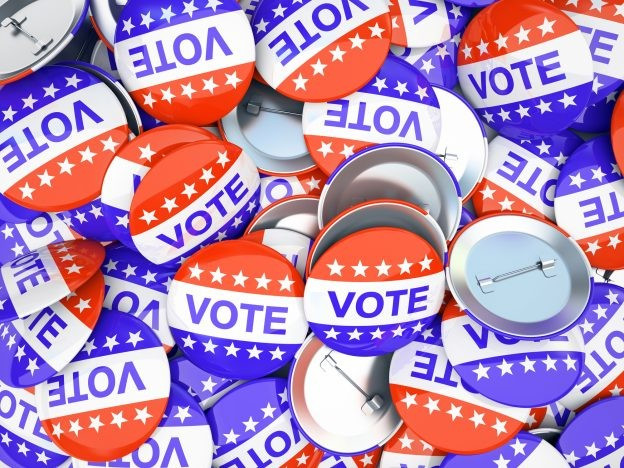
In fact, the Democrats’ abrupt choice of Harris as their candidate to replace Biden has left her little time to craft a comprehensive foreign policy strategy. Although the Democratic National Convention released a platform in August, it barely included Biden as a candidate. Harris is seen as inexperienced in international affairs, having focused on domestic issues throughout her public career.
Kamala Harris: Between Tough and Pragmatic
In her first interview since launching her campaign, conducted with CNN on August 29, Ms. Harris said that she would likely continue Biden’s foreign policy trajectory. However, her selection of Philip Gordon as national security adviser suggests a potential shift in policy toward China, as Mr. Gordon’s pragmatic approach could differ from the confrontational stance pursued by the Biden administration.
Gordon's views on foreign policy were deeply influenced by his opposition to the Bush administration's strategy of regime change in Iraq, which he believed had damaged the United States' global reputation. As a "pragmatic internationalist", Gordon advocated the judicious use of US power, arguing that the effectiveness of US foreign policy lay not in its institutions but in the quality of its leadership. His European views saw him see European security as central to US global power, but he acknowledged that China, not Europe, was currently the primary focus of US foreign, military and economic policy.
To fully understand Harris’s China policy, however, it is important to look to another adviser, Deputy National Security Advisor Rebecca Lissner, who has played a key role in shaping the Biden administration’s China strategy. Lissner’s work on Biden’s National Security Strategy shows that the United States acknowledges that the post-Cold War era is over and that the United States is engaged in a strategic competition with China, its only peer competitor. The strategy reaffirms the United States’ commitment to a preemptive nuclear arsenal and a robust military posture, suggesting that Harris could continue this tough approach if elected.
Donald Trump: Foreign Affairs Through an Economic Perspective
Meanwhile, if Donald Trump were to regain the presidency, he would likely double down on his “aggressive” stance toward China, with a particular focus on economic and technological competition. At the Republican National Convention in July, key party figures signaled their support for a Trump-dominated policy platform by selecting JD Vance as his running mate for vice president, underscoring the party’s commitment to a confrontational China policy. Trump’s potential appointment of figures like Elbridge Colby and Robert Lighthizer, known for their hawkish views on China, suggests that his administration would prioritize US economic dominance and technological advancement, particularly in areas like artificial intelligence and space.
Donald Trump’s approach to Taiwan (China) reflects his broader China strategy. He views Taiwan in economic rather than political and strategic terms. He sees Taiwan primarily as a market for US arms exports and a source of semiconductor technology. This highlights the “economic lens” on foreign policy. Trump is likely to continue arms sales to Taipei but will not increase US defense commitments. In addition, his administration may reduce the US strategic presence in the Western Pacific and weaken US-led alliances in the Indo-Pacific, such as the Quad or commitments to ASEAN. Instead, the US will focus on unilateral measures to contain China’s economic and industrial growth through punitive tariffs and sanctions.
Beijing's preparations
For its part, Beijing is well aware of the high stakes in the upcoming US election. Regardless of who wins, China will likely face a tough stance from the next US administration.
If Harris becomes the first female president of the United States, Washington will likely see Beijing seek to maintain the agreements that China and the United States have reached under President Biden, especially through mechanisms such as the APEC Summit hosted by Peru and the G-20 Summit hosted by Brazil in late November. This strategy is designed to build on recent Democratic diplomatic efforts, exemplified by National Security Adviser Jake Sullivan’s visit to Beijing in late August and the US’s intention to seek China’s cooperation on major geopolitical conflicts as well as the US’s domestic socio-economic challenges.
Beijing, however, is also preparing for the possibility of Donald Trump’s re-election. Dennis Wilder, a former CIA China expert and senior White House adviser on Asia under George W Bush, said Beijing had been “actively looking for opportunities” to connect with the Trump campaign. In particular, Beijing wanted to use Cui Tiankai, the former Chinese ambassador to the US under Donald Trump, as a bridge, but without success.
Experts say Beijing is likely to continue to engage with Donald Trump’s team while leveraging and strengthening its ties with Russia and the countries of the Southern Hemisphere. Beijing could encourage the strategic autonomy of US allies, especially the European Union, by offering economic incentives and accelerating trade solutions. Additionally, China could engage in economic negotiations with the United States, sacrificing some economic benefits in exchange for strategic gains in the Western Pacific.
The outcome of the 2024 US presidential election will have profound implications for the trajectory of China-US relations. Whether under a Kamala Harris or Donald Trump administration, Beijing will have to prepare for a challenging period ahead, marked by strategic and economic competition. As the two countries navigate this complex landscape, the global balance of power will be significantly affected by the policies and decisions of the next occupant of the White House.








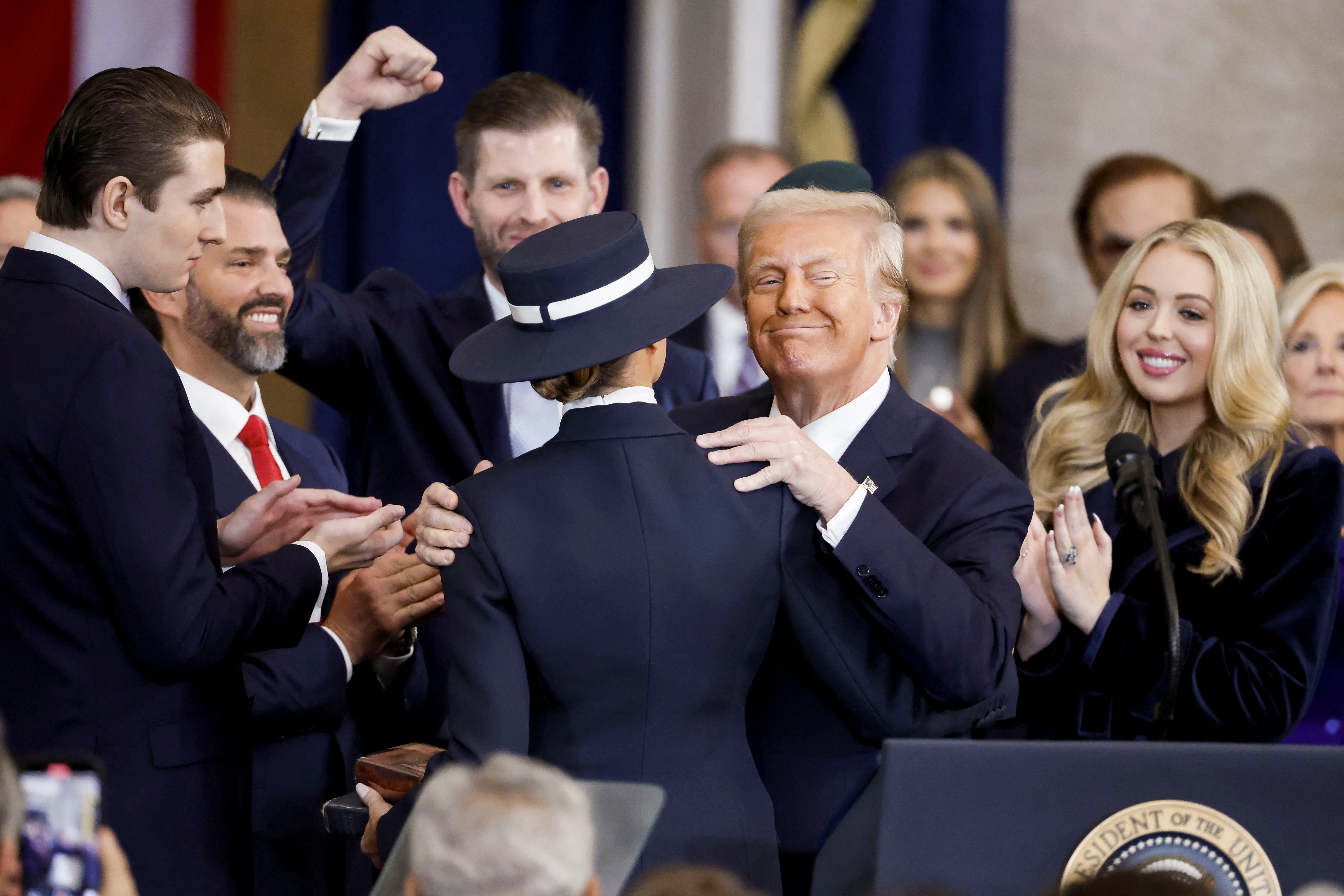



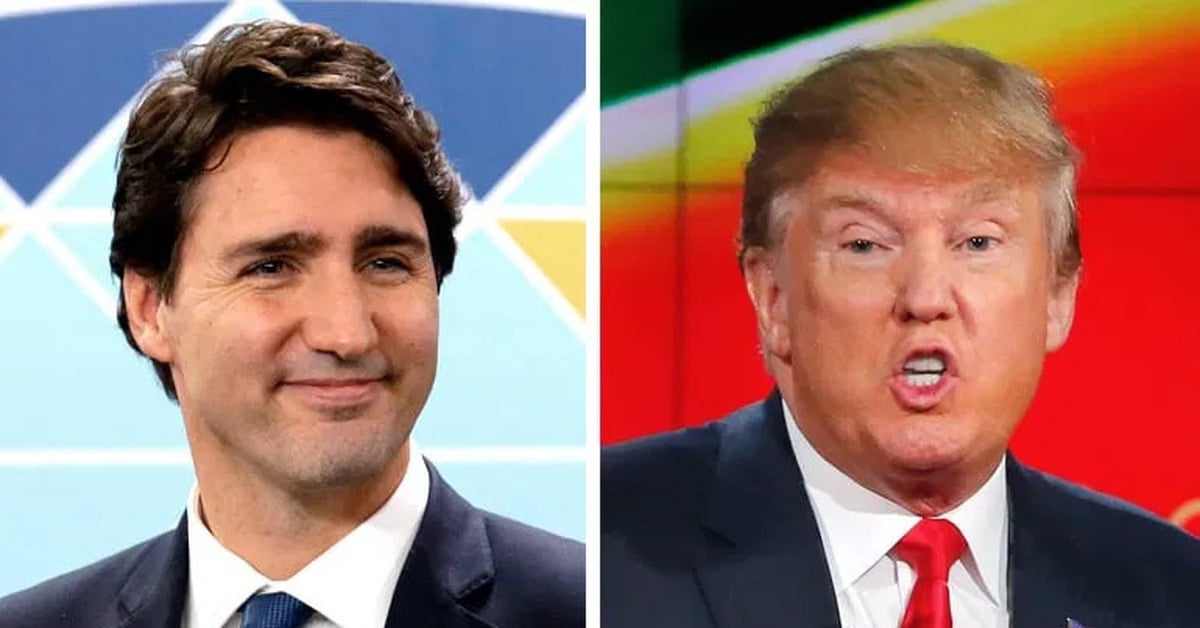

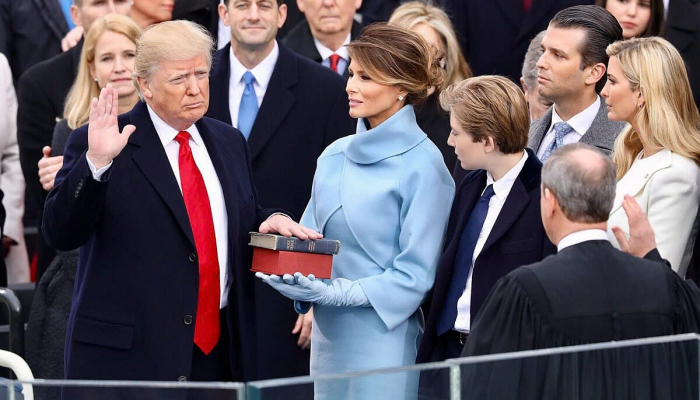

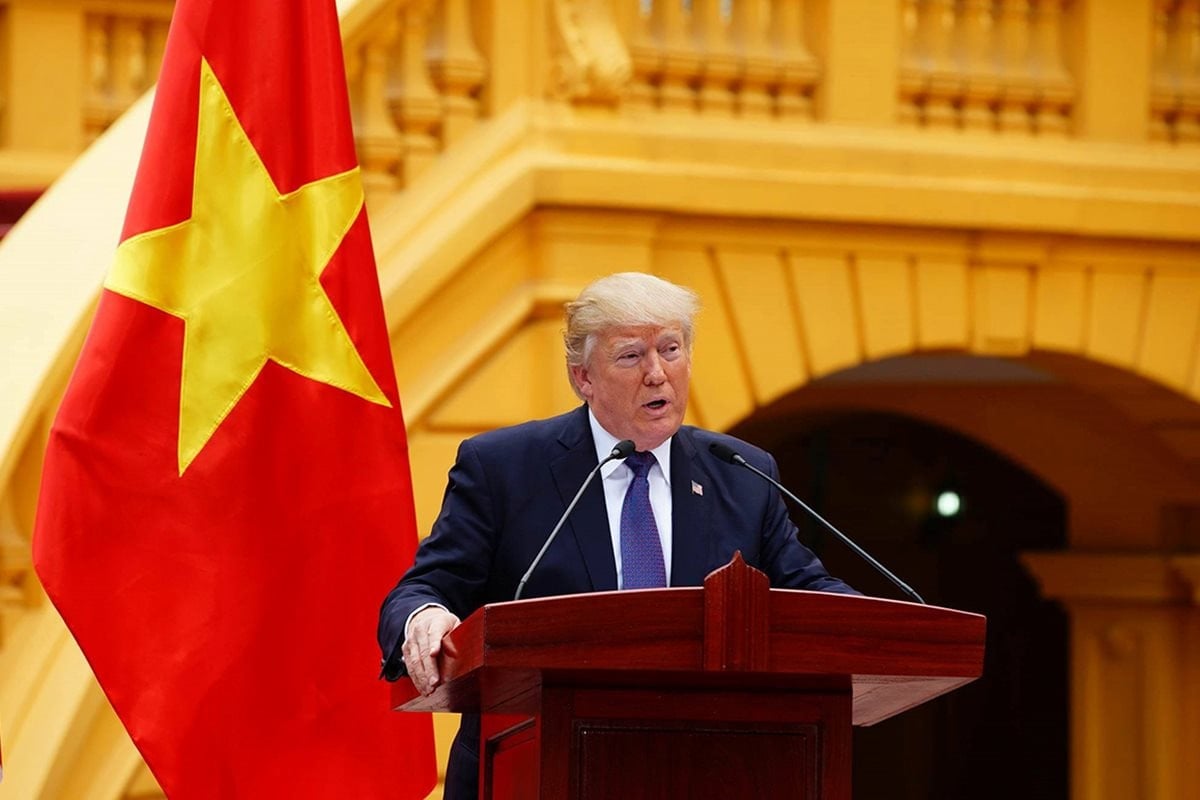

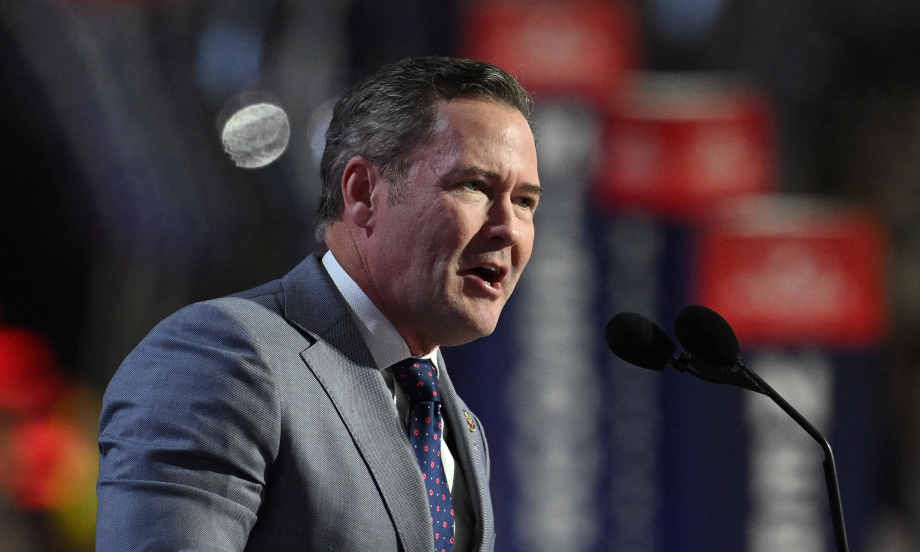









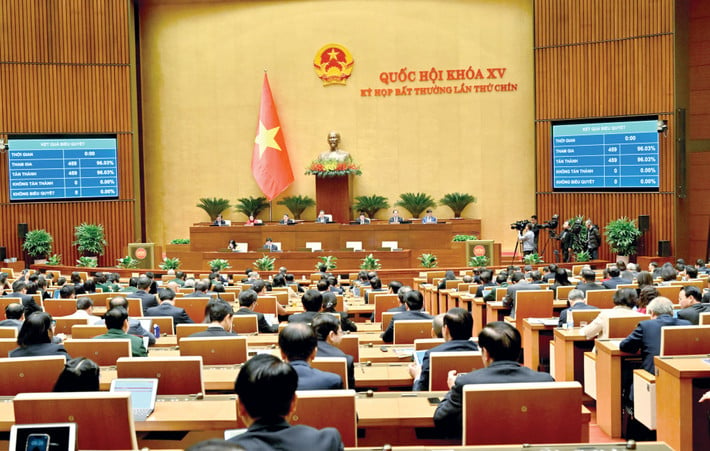

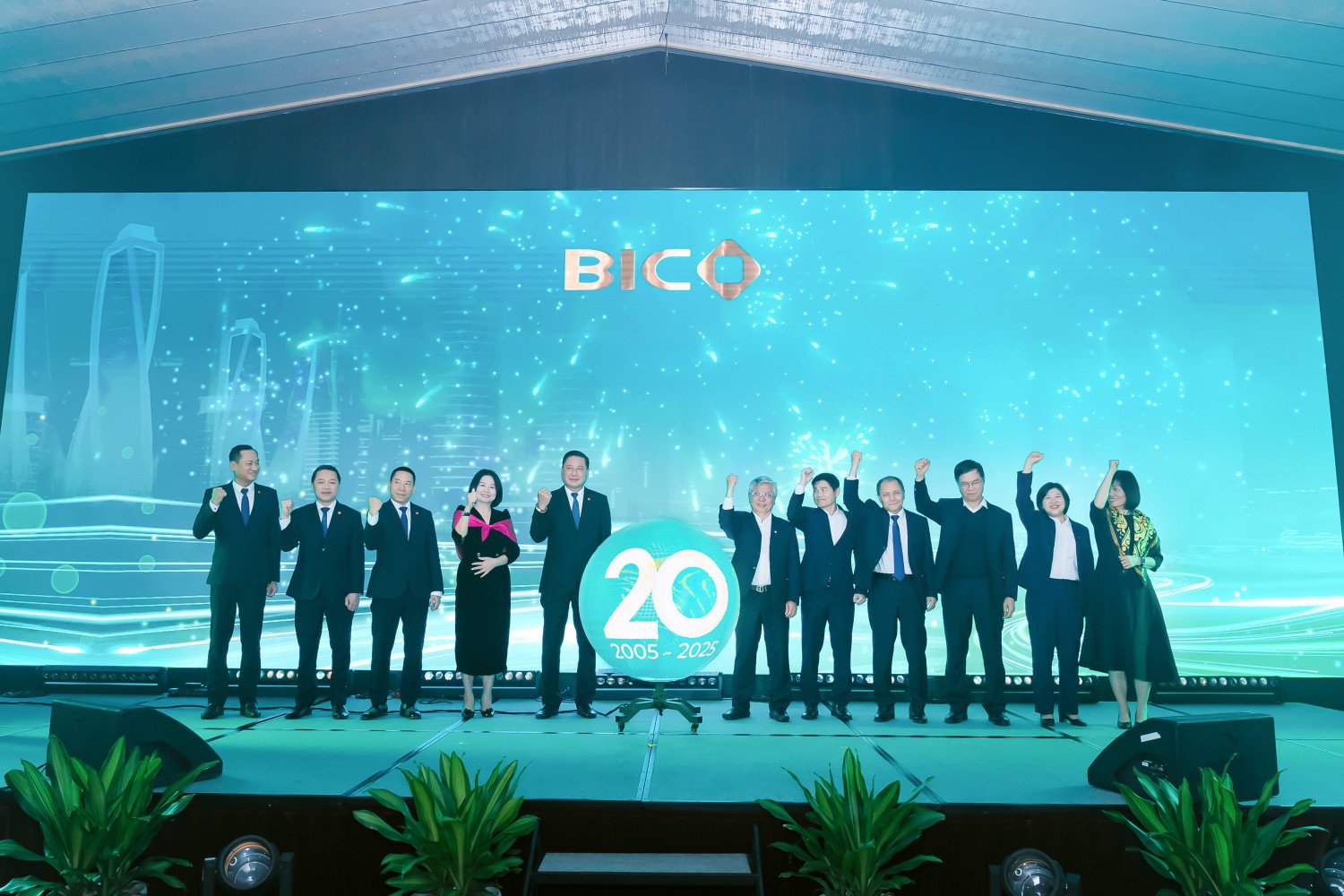

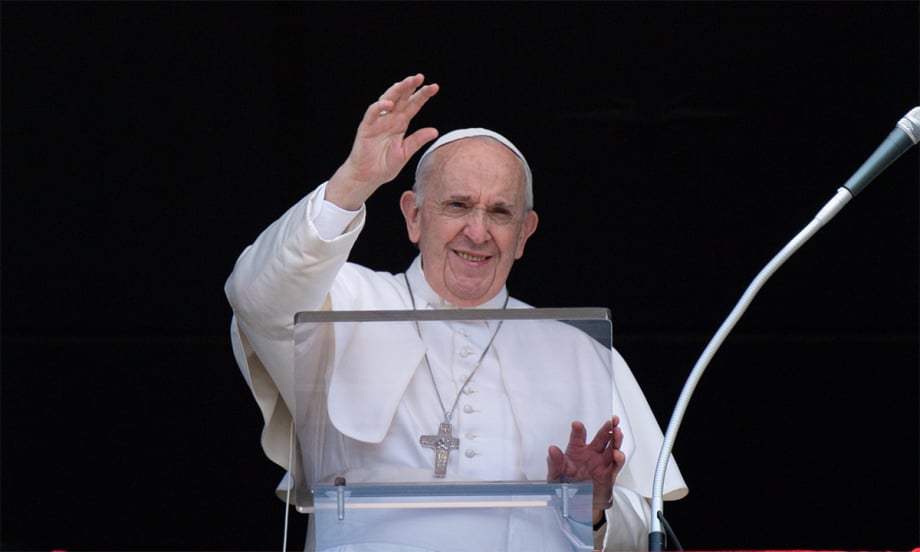









Comment (0)